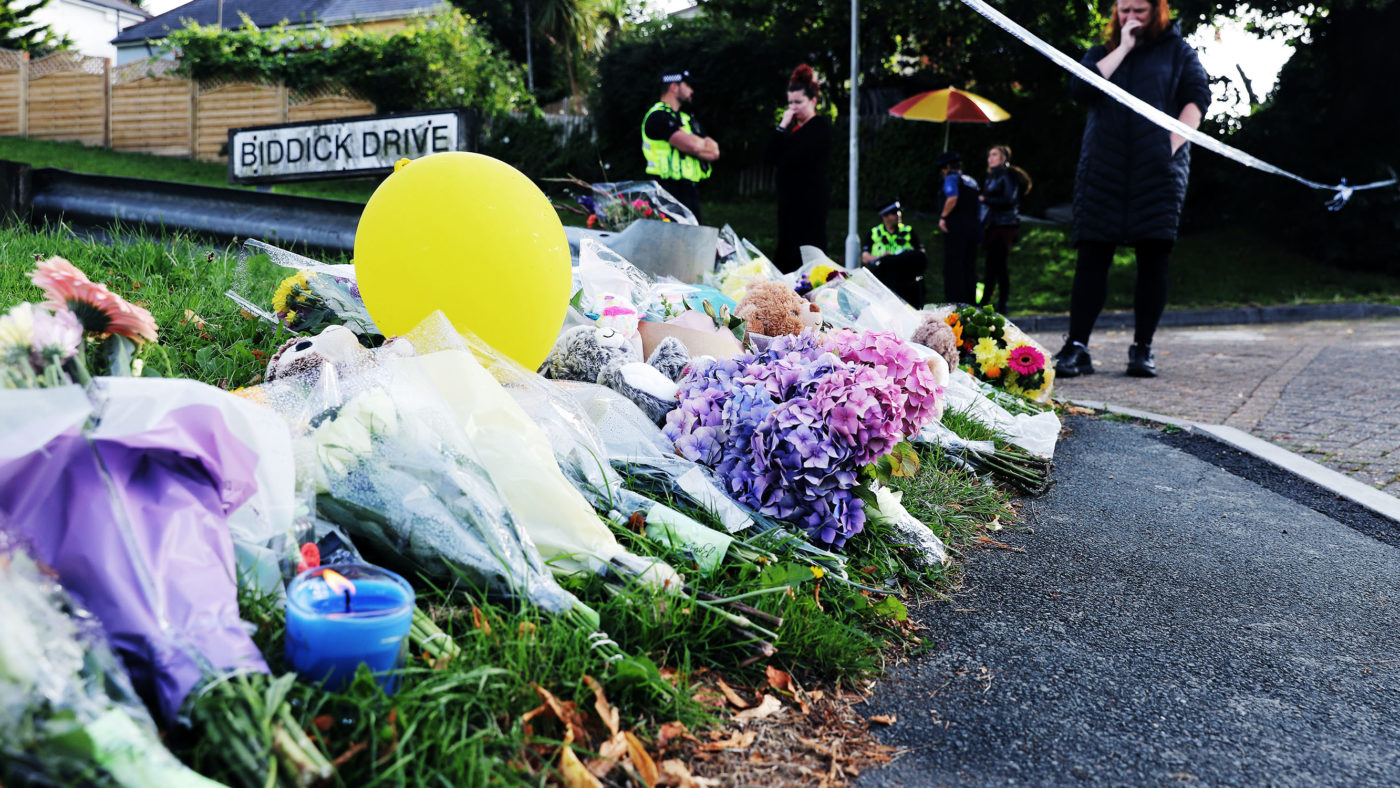Plymouth is a city that remains in shock. Thursday evening’s shooting spree by 22-year-old Jake Davison, in which he murdered five people, is a critical moment. Not only was it Britain’s worst mass shooting for over a decade, it also marks the deadliest incel-related incident to have taken place on these islands.
British counter-extremism analyst Matt Dryden was clearly ahead of the curve – writing back in March that it was time to take the country’s Incel threat seriously. While Islamist extremism remains the country’s prevailing terror threat, and far-right extremism the fastest-growing, last week’s events are a grim reminder of the dangers of other forms of extremism. While the police have declared that Davison’s lethal actions were not ‘terror-related’, it would be a mistake to downplay the ideological motivations and cultural influences at play here.
Counter-Terrorism Policing’s National Prevent Coordinator, Chief Superintendent Nik Adams, has previously described how ‘Mixed, Unstable and Unclear’ ideologies often manifest as ‘a fascination with all types of extremist or violent content, including school shootings or even extreme misogyny ideologies such as Inceldom’. On the available evidence, this framework is clearly applicable to the horrific events in Plymouth. Based on online content posted by Davison, he was a socially isolated young man who was deeply frustrated with his circumstances, including his physical appearance and a lack of romantic relationships with women. Indeed, in his own content, he claimed that he had never kissed a woman because he was overweight.
Davison’s involvement with the aggressively misogynistic and ultra-pessimistic incel online movement is likely to have hardened his extreme misogynistic outlook – he notably referred to women as ‘simple-minded’ and duplicitous. In this extremist subculture, ‘involuntary celibates’ are presented as victims, deprived of their ‘right’ to sexual relations with women, with female rejection framed as ‘reverse rape’. The ‘Manosphere’ – what Dryden refers to as a decentralised network of websites, chat rooms and gaming platforms oriented around extreme misogyny – fosters feelings of intense hatred and jealousy towards those who are ‘romantically active’. We’ve now seen just how deadly the consequences of such hatred can end up being.
In Davison’s case, an attachment to the incel online subculture was married to a morbid fascination with America’s gun culture, which itself is fuelled by toxic understandings of masculinity. He had reportedly subscribed to YouTube channels such as ‘God Family and Guns’ and ‘The Gun Collective’. In one video, he refers to himself as a ‘killing machine’ and demonstrates a detailed knowledge of previous mass shootings in Britain.
There are also questions here about systemic failure. We know that Davison’s mother, who he labelled ‘vile, dysfunctional, and chaotic’, had sought to find greater mental health support for her son, who was diagnosed with both autism and attention deficit hyperactivity disorder. And given his evident hatred of women and fascination with guns, there are huge questions over why he was handed back his gun permit, which had been revoked following an accusation of assault in December 2020. What background checks, if any, were in place to ensure he was a suitable person to be in charge of a firearm?
As well as those immediate practical issues, the deeper challenge is how to now tackle the inceldom threat. Britain’s public authorities have recognised how real-life social isolation can lead to major forms of online radicalisation – something which is likely to have been exacerbated by the Covid-19 pandemic and national lockdowns.
We shouldn’t underestimate the radicalising impact of the inceldom movement on young men convinced that they are at the bottom of the heap in a society driven by status-driven conceptualisations of relationships. Feelings of loneliness, a lack of self-worth, and a longing for romantic relations are not easy to overcome and can easily spill into feelings of grievance, envy, resentment, and entitlement. The simultaneous desire for a romantic relationship and fierce hatred for women is the paradox which lies at the heart of inceldom.
None of this is remotely to excuse the toxic, hateful ideology that underpins the Incel movement. But it’s only by thoroughly understanding the dimensions of the threat that we can hope to protect the public.
The immediate priority is to review the processes around gun licensing to make sure background checks are as rigorous as possible and someone in Davison’s state of mind cannot get access to a deadly weapon. Among the other steps we need is ensuring mental health services need to be in place to support families who are concerned over the well-being of young adult children, as a model based on independent adults seeking help has proven ineffectual. Tackling the isolation and lack of self-worth that drive the incel movement is an altogether deeper, more difficult challenge. Given that the movement thrives on economic insecurity, part of the solution will involve local efforts to encourage civic participation and offer young men the skills and resources to progress in life.
But the uncomfortable truth is that there are no easy answers to addressing this phenomenon – one driven by a myriad of socio-cultural and socio-economic factors. But in a status-driven society which thrives on competition, a lack of social connectedness, cultural pride and economic security among younger men is now very much a public threat.
Click here to subscribe to our daily briefing – the best pieces from CapX and across the web.
CapX depends on the generosity of its readers. If you value what we do, please consider making a donation.


